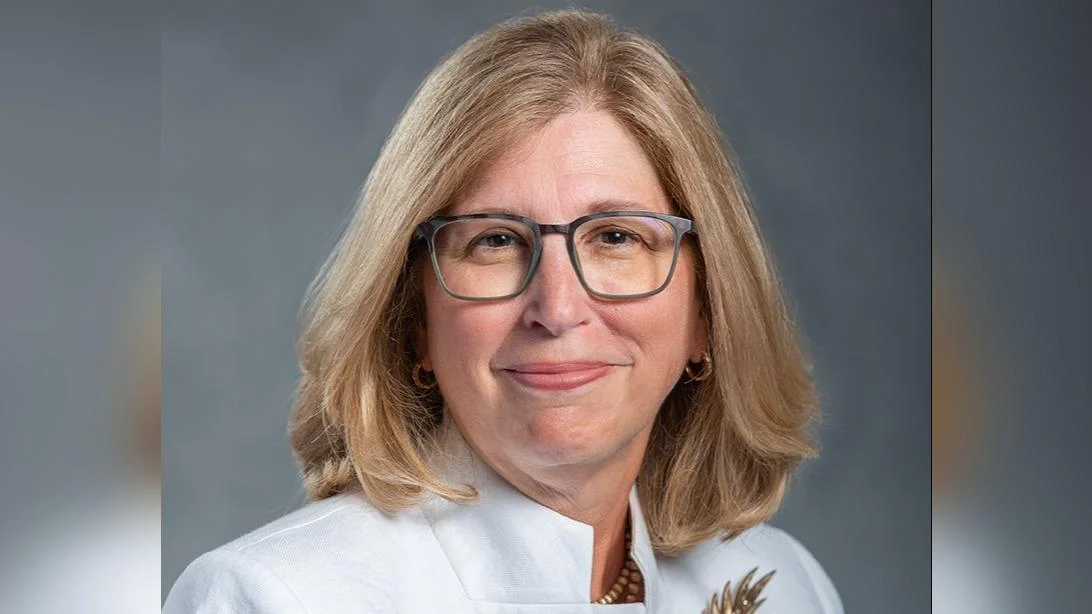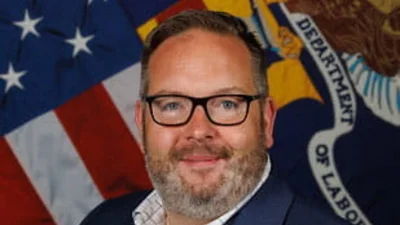Interim President Teresa K. Woodruff, Ph.D. | Michigan State University
Interim President Teresa K. Woodruff, Ph.D. | Michigan State University
Michigan State University researcher Jean Kerver leads a significant study funded by the National Institutes of Health (NIH) to examine environmental impacts on child health. Working with families in Michigan, Kerver's research focuses on factors like air pollution, chemical exposure, and nutrition that affect pregnancy and child health.
Katie Laatsch, a volunteer from Kalamazoo, travels with her son to aid data collection for the Environmental influences on Child Health Outcomes (ECHO) study, comprising over 2,000 participating families in Michigan. The study aims to improve children's health for future generations.
However, a 15% cap on NIH grant funding for indirect costs threatens research progress. University leaders express concerns over potential funding cuts impacting biomedical research on preventing diseases. "It’s frustrating to know there’s that potential for funding to be cut because there is so much that’s unknown," Laatsch said.
Kerver's study revealed that one-quarter of pregnant women in mid-Michigan lack sufficient iodine, prompting doctors to recommend iodine supplements crucial for brain development in babies. Despite receiving a $26 million federal grant for seven years, Kerver worries that budget cuts could halt the study.
Rita Strakovsky, an investigator on the study, emphasizes the importance of research in understanding child health impacts. Proposed budget cuts could disrupt the study's findings on childhood disorders, with significant long-term implications.
Despite views that federal spending might be wasteful, NIH grants undergo rigorous peer review, ensuring that only promising projects receive funding. Kerver highlights that medical research tangibly improves lives by preventing diseases and developing better treatments.
The study not only benefits health but also the economy, with federal funds supporting numerous staff across Michigan. According to Kerver, improving child health is a national security imperative, promoting healthier future generations.
"We are biased, it’s true," said Strakovsky. "We chose this public health-facing job. We chose it because we think somebody should be looking out for all the kids." Kerver adds, “To me, the most important thing is we’re working hard to improve child health. I mean, what could be more important than that?”





 Alerts Sign-up
Alerts Sign-up